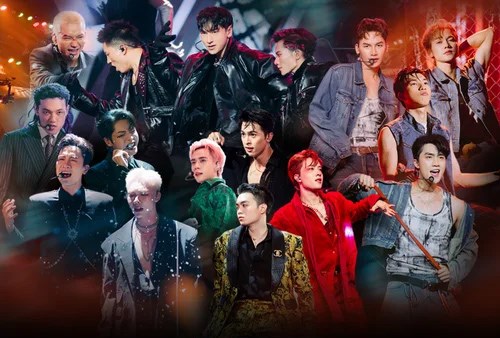
Microsoft researchers have published the largest practical study ever on how AI really affects industries. Instead of making predictions, they analyze the conversations between users and Bing Copilot to see which types of work AI supports and which work cannot support.
The results show that occupations that require manual labor, human connectivity and hands-on practice skills are the safest occupations at risk of AI replacement.
These occupations include activities that AI cannot do at all, because these jobs require human hands, a real presence and the ability to handle situations in real life.
5 typical industry groups that are not much affected by AI can be arranged as follows:
Health care, education such as doctors, nurses, nurses, preschool teachers... are the strongest "AI-resistant" occupations because they require emotional interaction, fine observation and reassuring people, which AI cannot replace.
The second industry group is skilled workers and on-site technicians. The professions that require practical skills such as electricians, mechanics, locksmiths or maintenance technicians are the most "AI-resistant" group. AI only supports diagnosis, cannot replace humans to climb the roof to repair electricity, remove walls to find pipelines or handle real incidents. Even modern robots have not yet achieved the flexibility of human hands in complex environments.
The third group is direct service. According to Microsoft's research, jobs such as restaurant service, b conditioners or supermarket staff are among the "less affected by AI".

Creative performing arts with jobs such as actors, singers, musicians, dancers or handicrafts still resists AI because art needs real emotions and direct connection with the audience. Although AI can create images, videos or voices, it cannot replace personal impressions and creative experiences with human hands and soul.
The work of managing, coordinating people with team management positions, monitoring operations or coordinating on-site is very difficult to replace because it requires assessing real-life situations, resolving conflicts, inspiring and making decisions with humanity. AI only supports data analysis, while the ultimate responsibility and judgment still belong to humans.











